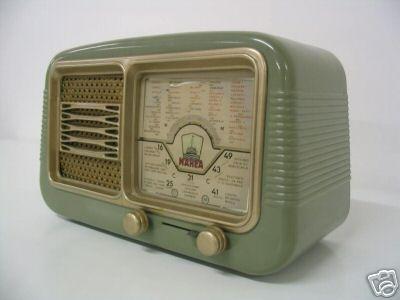 |
| If the prison is no longer secure, perhaps Rick and the others could consider relocating here. |
Not everything is going to hell in a handcart. Currently, I am eagerly anticipating the new seasons of Downton Abbey and the Walking Dead. Television is getting much more interesting than it used to be, and far better than movies currently are.
So it goes; these things come in renaissances. Suddenly one medium or another will be fermenting. Popular music and comic books had amazing runs in the 1950s and 1960s. Films were really good in the 60s and 70s. Poetry was strong in the 50s. A variety of arts seemed relatively strong in the 60s, and now most seem relatively weak.
One cause, as I have previously lamented here, and as such worthies as TS Eliot and Samuel Beckett have lamented long before me, is that art has become increasingly dissociated from religion. Do that, and art dies. But within this general trend, the sudden lunges forward of specific media seem to fit an old observation by Marshall McLuhan: when a medium becomes obsolete, it become art. This makes sense: it has lost its practical use, and so, if it is going to continue at all, it will be for aesthetic reasons, among those who love the medium for aesthetic reasons.
Radio became obsolete in the 1950s, with the advent of TV. Hence the rise of popular music, specifically rock and roll, as new message for that medium. Film faced a less immediate threat of obsolescence from TV, and so reacted less dramatically and over a more extended period of time: we had a good run of artistic film-making beginning in the fifties and running through the seventies, with Hitchcock, Kubrick, the French auteurs, Scorsese’s Godfathers, and so on. Look at a list of great films of the Seventies, and you will marvel at how much that is memorable came out in such a short period. Comic books in turn can be understood as print’s reaction to TV—more specifically, pulp fiction’s reaction. There had been an earlier wave of comics, of course, the “Golden Age” of Superman and Batman, which was pulp’s reaction to radio.
 |
| He was right about everything. He just spoke fifty years too soon. |
One can go back in time for other examples. The printing press gave us Shakespeare: the great Elizabethan age of drama came just when people started to be able to read, and to no longer need public performance for any practical purpose.
TV seems to be at that point now, beaten out of its prior position as primary medium by the Internet. It is no longer the main source of news and entertainment. It is no longer for everyman, or for the biggest profits from the greatest number. Hence we get interesting drama like Downton Abbey and the Walking Dead, appealing to a more discerning audience.
Meanwhile, radio and comic books, as their obsolescence deepens, have lost their ability to sustain a large enough audience for pop art purposes. They have had to become yet more specialized in their appeal. No more top forty, and no more cheap, mass-produced comics. They are moving from pop art, like rock and roll, in the direction of “high art.” Which is to say, really, either old art in rerun, or, if new, relatively lifeless, gloomy, and academic art. Generally living on charity from the public purse.
There is a fine line here: if a medium is the most efficient available, you get trashy entertainment for the masses. But on the other hand, you need a large enough audience to sustain real art, or artists cannot afford to create. They go into politics or academics or accountancy instead.
 |
| It died to give the world rock and roll. |
Film is an interesting case in this regard. TV made it obsolete in the 50s. Then computer-generated special effects made it rise from the dead—courtesy of Spielberg, Lucas, and Pixar. FX were too expensive and time-consuming for TV, and did not play nearly as well on the small screen, including the computer monitor.
For now, all there is to do is to enjoy TV; along with a predictable renaissance in traditional, 2-D animation, notably from Japan. And wait for the next media technology to again reshuffle the playing pieces.













No comments:
Post a Comment